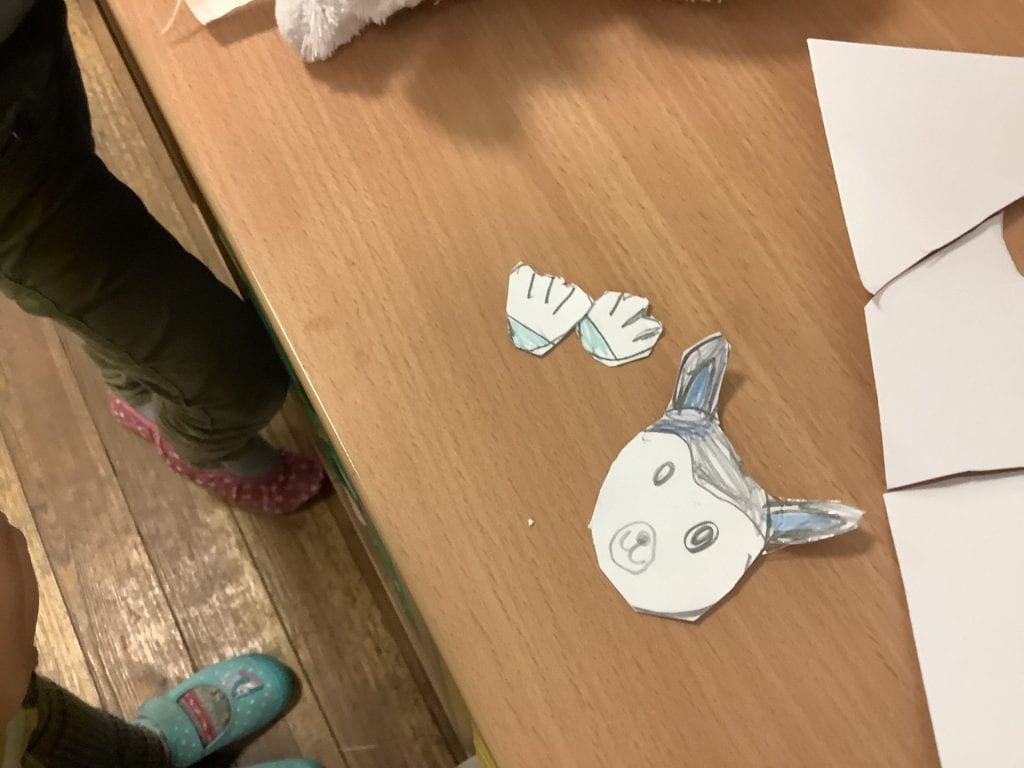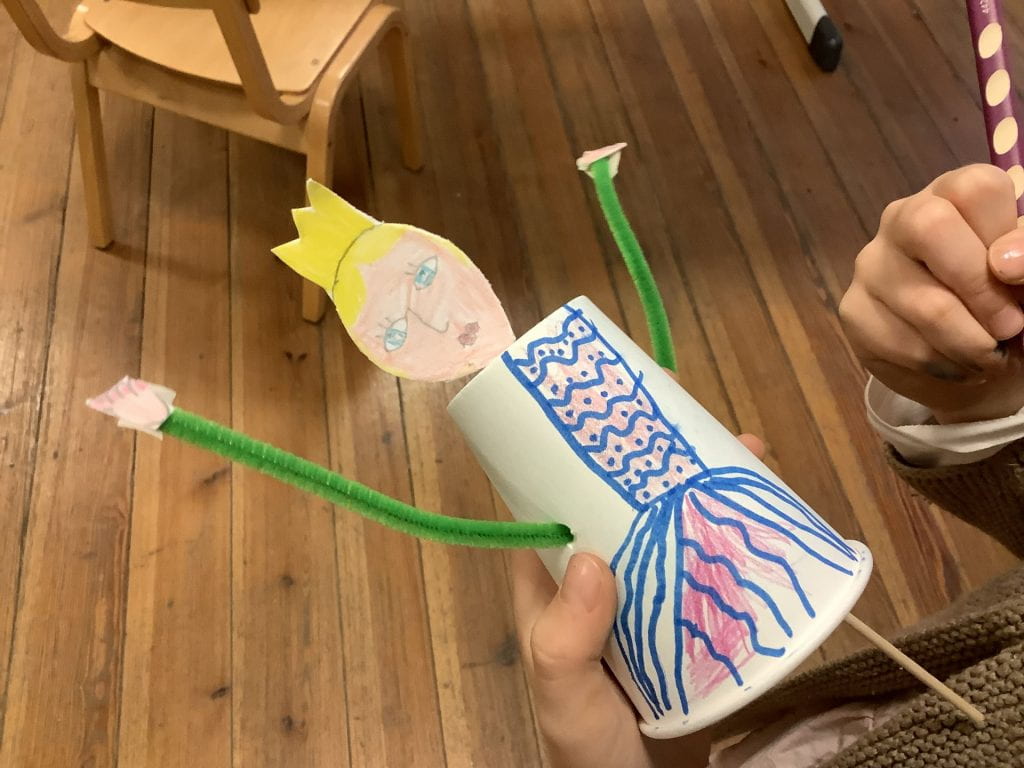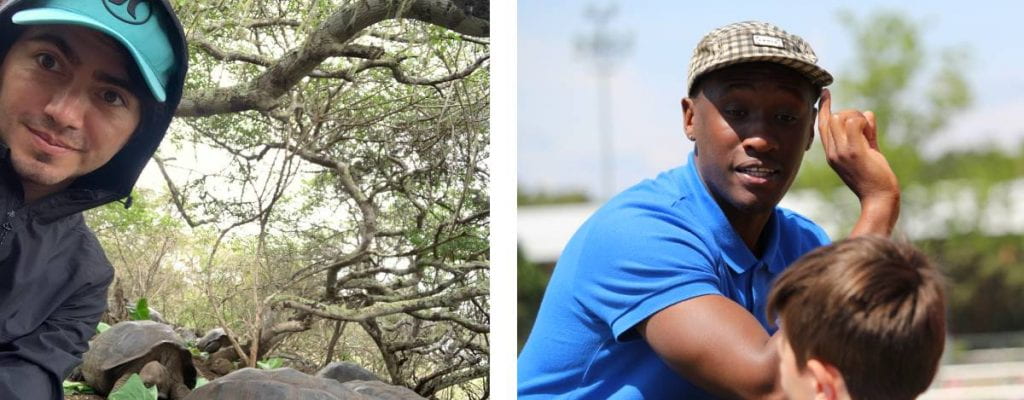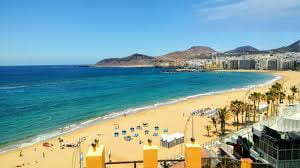In the latest video showing you where some of our classmates are originally from, Adeline takes us on a short ‘Street Map’ tour of her former neighbourhood in the beautiful city of San Francisco.
Thanks Adeline!
In the latest video showing you where some of our classmates are originally from, Adeline takes us on a short ‘Street Map’ tour of her former neighbourhood in the beautiful city of San Francisco.
Thanks Adeline!
Last week in English we made adverts for crazy products, and the results were as fun to watch as they were to make.
This ‘commercial’ for Döner Deo was scripted and directed by Mr Brennan’s English group, but starred the DaZ kids, all of whom speak English really well.
The lead acting role went to Enki, and he deserves praise not only for his Oscar-worthy performance, but for agreeing to play a guy who… well, you’ll see!
And if you enjoy the video, be sure to check out Kiame’s super advert for a very unusual beauty product 🙂
Let’s stop to think for a moment about an essential part of this project: a pipe cleaner.
Nowadays, smoking pipes is increasingly rare, so the furry lengths of wire designed to clean them should be one of those almost obsolete objects such as a typewriter, cassette tape or answering machine.
Yet pipe cleaners have managed to survive as a favourite material for art teachers everywhere.
What’s more, there’s probably no better way to use them than by twisting one round a stick, poking the ends through a paper cup, and helping 1-3 students transform this simple machine into a cute, dancing puppet.
Perhaps unsurprisingly, this Pedagogische Angebot activity was a big hit with kids from Rubin and Amethyst classes, who used their imagination and creative talent to produce some beautiful pieces of work.
Some things really are timeless.





Find out more in our Spotlight section!
Juno came to IMS speaking almost no English, and I am fascinated by her rapid progress to near-perfect fluency (as well as, of course, very proud of her achievement indeed).
Although I was Juno’s language teacher for a couple of years, it was very clear to me that the vast majority of her learning occurred outside the classroom.
I knew that she constantly practised English with her best friend Jade, but how had she also mastered all the complications of writing and spelling? (Juno’s written work is easily on a par with many native English students her own age).
I really enjoyed the opportunity to find out more through her impressive understanding of her own learning journey.
Juno also gave me an insight into her initial hesitation with German – which is actually far better than she gives herself credit for, and improving at a rapid pace thanks to class teachers Frau Gerstner and Frau Dunzer, as well as Frau Pakhuylu’s fantastic ‘DaZ’ German language classes.
(P.S: – the noise you hear in the background is the air filter; unfortunately essential in these difficult times :-(.
Right next to IMS there’s a large playing field, the perfect place for outdoor sports. The only snag is that it isn’t actually ours: it belongs to the refugee shelter next door.
Which is where Shane and Felipe enter the story. Since the start of term, these fantastic educators have helped Mr James Brennan with his busy timetable of sport classes. When the guys found out about the field, they politely asked if they could use it.
The answer, luckily, was yes, and since then our kids have enjoyed this extra facility, not only for scheduled games and exercise, but also as a venue for Felipe and Shane’s after-school Multisports AG.

Very soon, however, the two teachers realised they had an unexpected audience. In the refugee home there are many families with children, and each week, a large number of kids gathered to watch our students having fun.
Which is when Felipe and Shane did something we can all be proud of.
As a ‘thank you’ for the use of the field (and also because they’re really nice guys) they offered their services to the home completely free, and now the kids living there have weekly sports sessions of their own.
Although none of the children have a single language in common, the guys easily communicate using both German and English – in fact, just as they do at IMS itself.
At this point, it’s well worth pointing out that, under the name ‘Prime Youth’, Shane and Felipe offer many different sports education services, including holiday sessions taught totally in English.
One good turn deserves another, so check out their website for some great opportunities to practice language skills and have fun at the same time.
By Eric Dougherty
During a recent holiday in the USA, Eric from Turmalin class was lucky enough to witness a rocket launch (we really wish we could have been there, too).
He was so impressed by what he saw that he decided to write an article for the school newspaper, adding a video he found on the NASA website and his own drawing.
Thanks, Eric, for this fascinating information!
On the 16th of October 2021 at 5:34am NASA launched a rocket called “Lucy” from Cape Canaveral, Florida, USA.
The rocket was launched towards the Trojan asteroids. Asteroids are leftovers from the formation of our solar system, which was about 4.6 billion years ago. The asteroids help scientists find out more about the history of the universe.
Asteroids are small rocks. Some are hundreds of miles in diameter, but many are as small as pebbles. Asteroids have jagged and irregular shapes. They orbit the sun as planets do, but still, they are much smaller than planets. There are many asteroids in our solar system. Most of them live in the main asteroid belt.
The asteroid belt is a place between the orbits of Jupiter and Mars. The Trojan asteroids travel in two groups. One group travels in front of Jupiter in its orbit and one behind.
The rocket is called Lucy because some time ago scientists found a fossilized person who they thought was a woman and they called her Lucy.
That is where the mission got its name from because it explores the history of the solar system just as the woman gave clues to the history of humans. Lucy will travel for twelve years to eight different asteroids.

In English class, I felt that the kids needed some well-deserved time to relax. They’ve been working really hard on grammar and vocabulary, and I wanted to let them work independently on something a little more fun.
So – we started by talking about TV commercials, and the kind of language (both verbal and visual) that advertisements typically use.
We then made a very funny video together for an imaginary cereal called ‘Sleepy Kidz’, (see above) which sends children to sleep after just a few spoonfuls… perfect for parents who need a moment’s peace!
After that, it was up to the kids to invent their own product before scripting and filming a ‘promotional’ video.
Kiame was the first to finish, and I love what she’s produced: an ad for ‘Best Mask’, a beauty treatment that does much more than you’d imagine.
Hopefully, in the next few weeks we’ll have more crazy adverts for you all to enjoy!
💡English tip
You might have noticed that I use several different ways to talk about ‘Werbung’ in the article. In fact, this can get quite complicated in English.
The noun commercial is used to describe a short film that sells products. Although it was originally an American word, British English speakers use it now, too.
The verb advertise is pronounced with the stress on the first syllable: AD-vertise.
The noun advertising is used to talk about commercial messages in general: ‘I hate the fact that there is so much advertising on YouTube’.
By contrast, the countable noun advertisement is used to talk about a specific spot: ‘I love the new advertisement from IKEA – it’s so funny’.
Try to remember, too, that with this word the stress is now on the second syllable: ad-VER-tisement. Confusing!
In addition, we often shorten ‘advertisement’ to advert or even just ad.
Hi I’m Juno, and I come from Gran Canaria, SPAIN, in this video I will show you my house, some beautiful pictures, and my old school! Thank you and I hope you enjoy.
Freya is originally from Gran Canaria, and tells us here about her favourite beach.
“It’s the beach where my friends and me always go. It’s also a beautiful beach and the waves are so big that you can go as far as you want but the waves will take you back to the sand. There are a lot of fish 🐟🐠🐬🐳🐋🦈 in the water 💦💧if you go you will love it 😍 💕 💗 ❤️ Las Canteras is one of the most famous beaches in Gran Canaria”.



